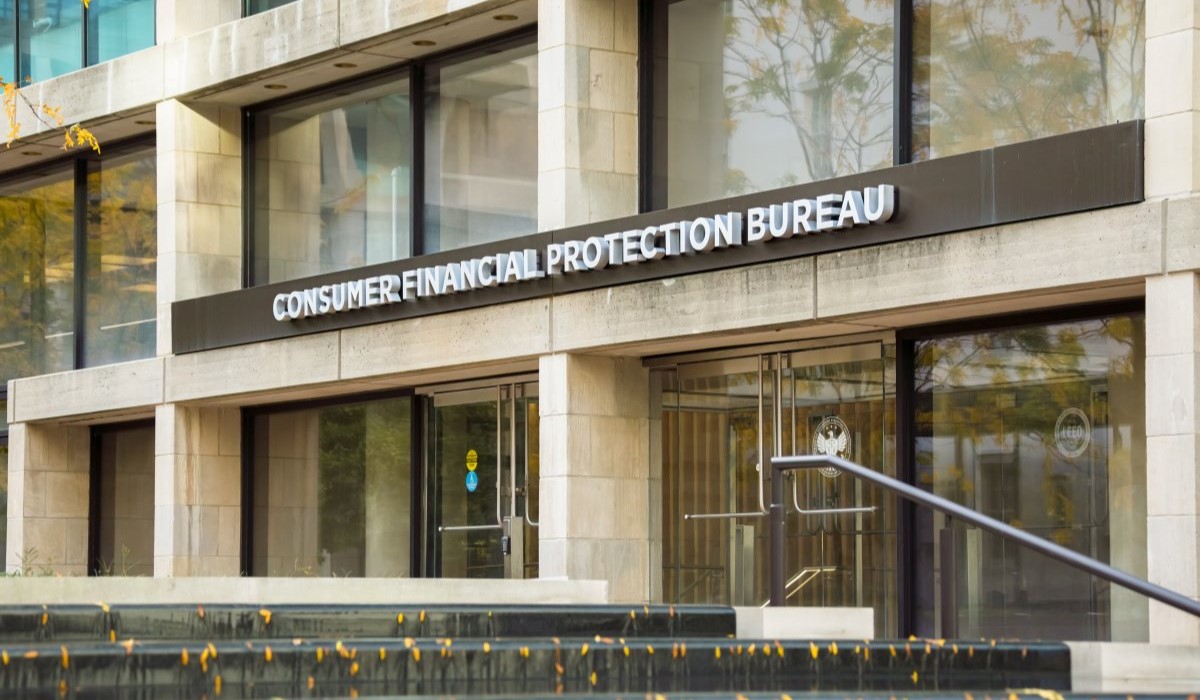The Consumer Financial Protection Bureau (CFPB) this week announced it has launched rulemaking to address harmful financial consequences of crimes including domestic violence and elder abuse. The Bureau is announcing it ahead of time to gather feedback for potential amendments to the regulation that implements the Fair Credit Reporting Act (FCRA), Regulation V.
Specifically, the notice of proposed rulemaking wishes to alter the definitions inside Regulation V for the terms “identity theft” and “identity theft report.” Following a period of public comment, the CFPB is expected to issue a final rule.
“People trapped by domestic abuse must often sign documents under the threat of violence, ruining their financial lives and making it even more difficult to escape,” said CFPB Director Rohit Chopra in a statement. “Expanding identity theft protections could help survivors rebuild their financial lives and would ensure that our credit reporting system is not used as a tool for domestic and elder abuse.”
Abusers often use coercion through debt as a tool to exercise control over their victims, the Bureau explained. They can then force their significant other or family member to enter into financial transactions that can severely impact their own financial security and credit standing, which disproportionately impacts women and people of color.
The rulemaking seeks to solicit public comment on several key topics: the “prevalence and extent of harm to people with coerced debt” which can include activity through the credit reporting system; evidence regarding “the relevance of coerced debt to a survivor’s credit risk;” and barriers to “accessing existing protections under federal or state law for survivors of economic abuse.”
Additionally, the Bureau seeks comment on challenges that come from coerced debt on specific populations, which includes older Americans and survivors of “intimate partner violence,” and children in foster care.
The Bureau will also seek public comment on potential documentation designed to illustrate instances when a debt is coerced.
The CFPB has limited time to implement any rulemaking priorities under its current leadership structure. Following Jan. 20, President-elect Donald Trump has the authority to fire the CFPB director and replace him with a person of his own choosing, at which point it is likely that the Bureau’s enforcement posture will change owing to its enforcement attitude during the first Trump administration.
Following the inauguration of President Joe Biden in 2021, then-incumbent CFPB Director Kathleen Kraninger immediately submitted her resignation to the president, allowing him to nominate Chopra who was ultimately confirmed eight months later.
The Trump transition has not yet named a nominee for CFPB director.

